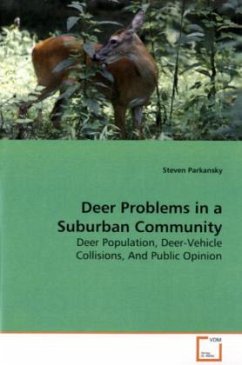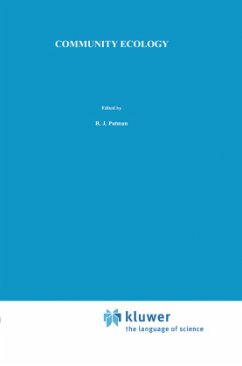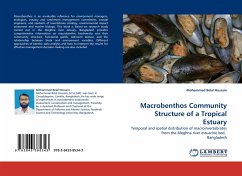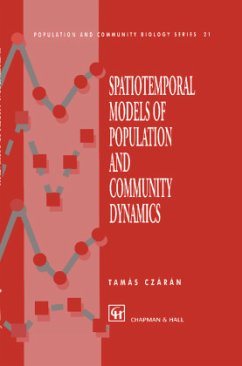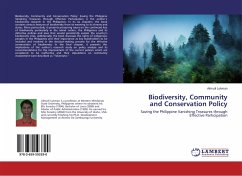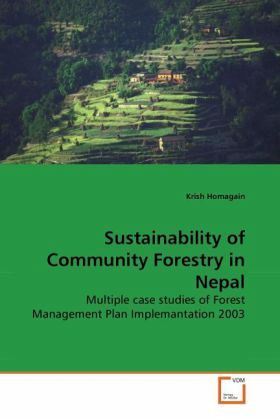
Sustainability of Community Forestry in Nepal
Multiple case studies of Forest Management Plan Implemantation 2003
Versandkostenfrei!
Versandfertig in 6-10 Tagen
32,99 €
inkl. MwSt.

PAYBACK Punkte
16 °P sammeln!
Sustainabe development as a concept and goal has been widely accepted for the management of forest and other natural resources. It is often argued that forest management in Nepal has become more complex when management objectives and management responsibilities were shifted from dominant forest products by government to diversified products by people. The management complexity is being materialized by implementing 'community forest operational plan' which is a legal and technical document prepared by local forest user group with technical support from forestry professional. It is hypothesized ...
Sustainabe development as a concept and goal has been widely accepted for the management of forest and other natural resources. It is often argued that forest management in Nepal has become more complex when management objectives and management responsibilities were shifted from dominant forest products by government to diversified products by people. The management complexity is being materialized by implementing 'community forest operational plan' which is a legal and technical document prepared by local forest user group with technical support from forestry professional. It is hypothesized that if the plan is implemented properly the short-term forest management objectives can be achieved thus leading to 'sustainability' of the system. Overall sustainability index (OSI) from sustainability indices of individual criterion (SIIC) from four case studies of mid-mountain community forests show that community forestry in Nepal is fairly sustainable.



